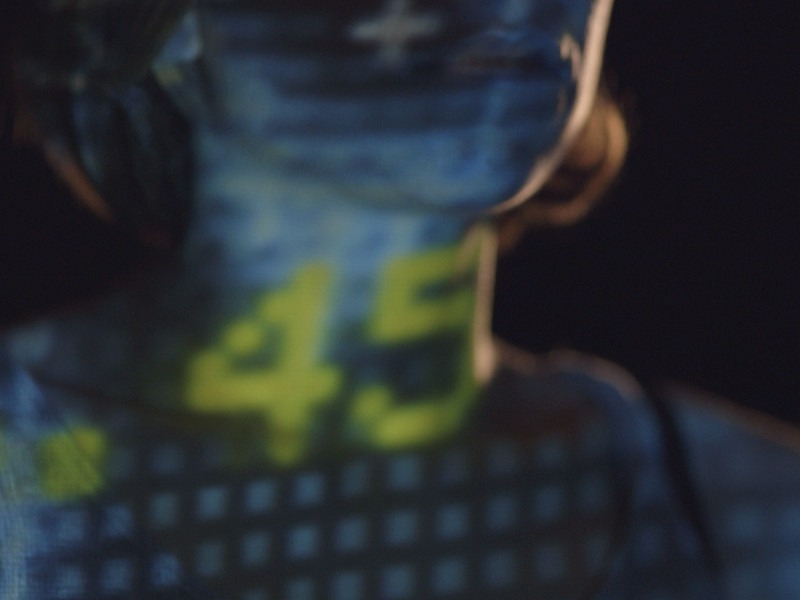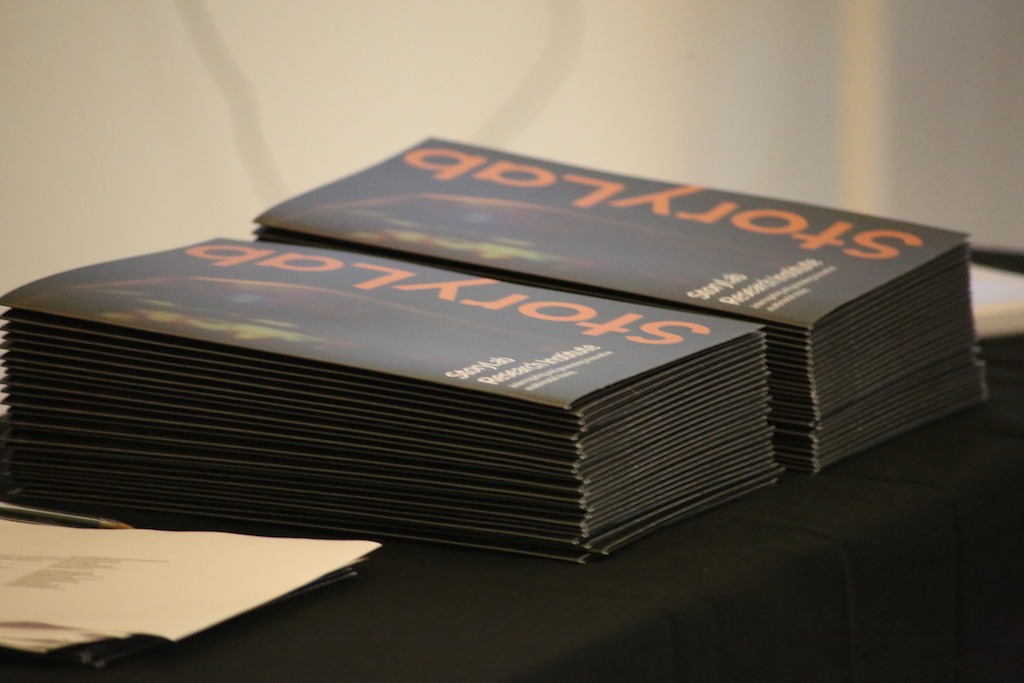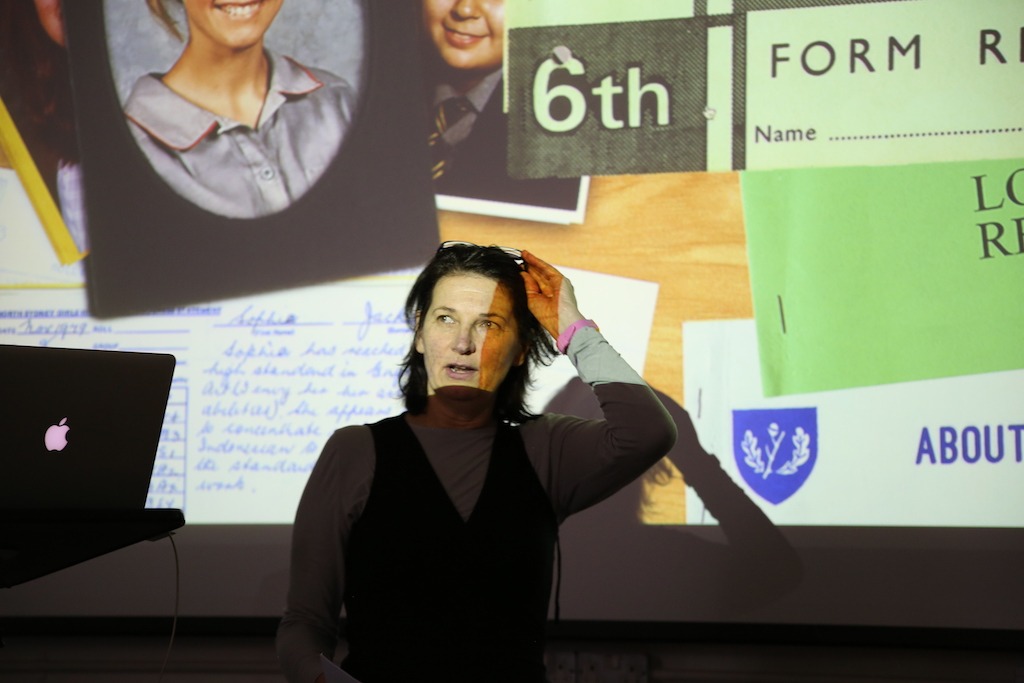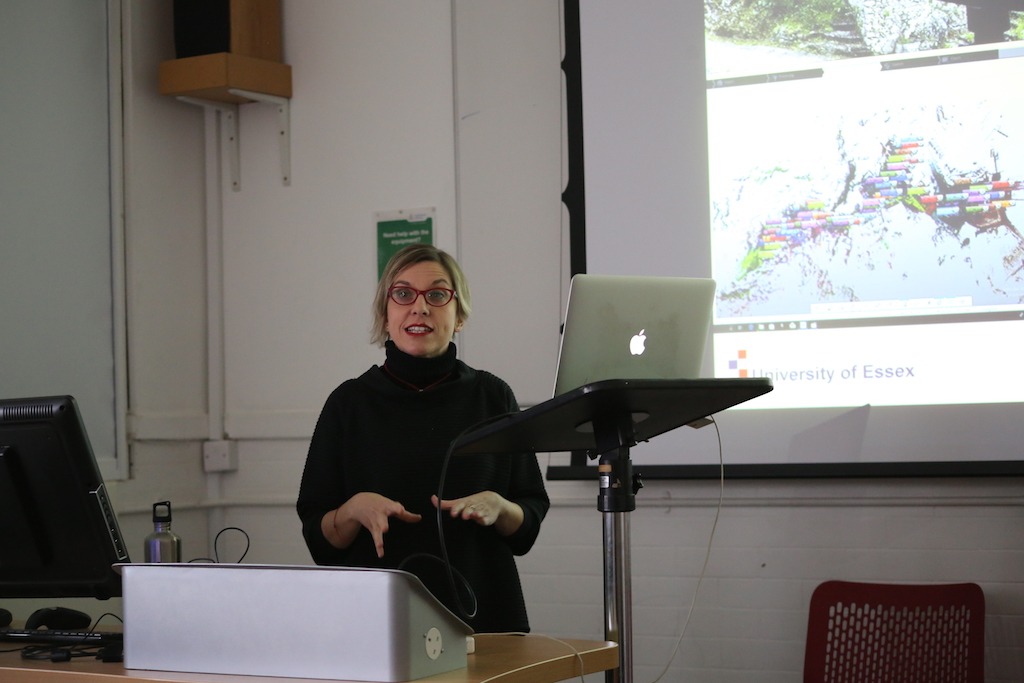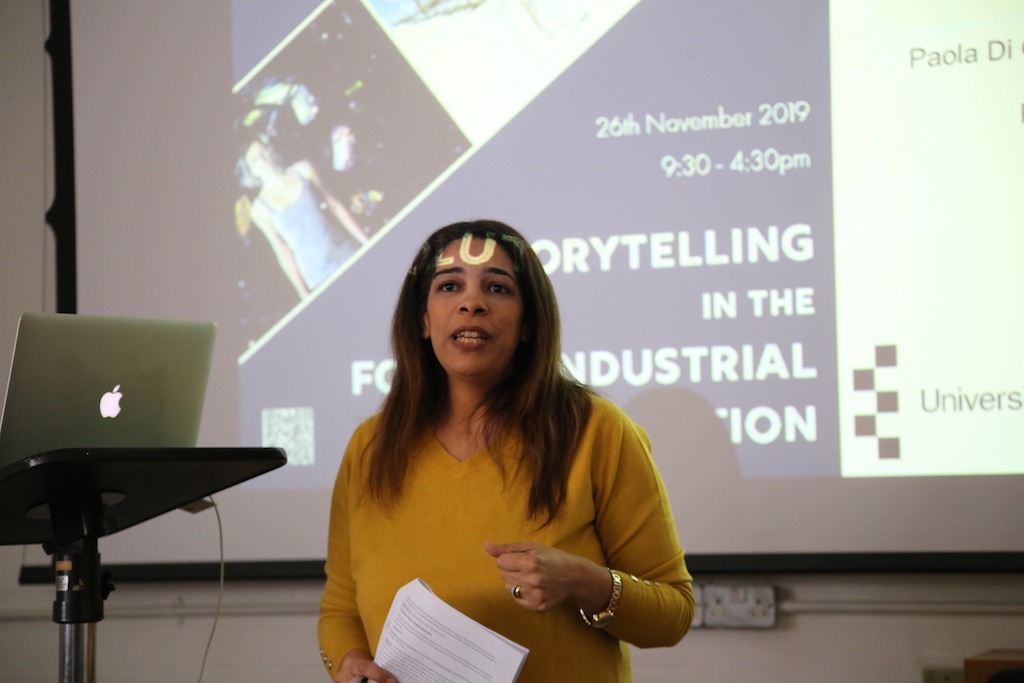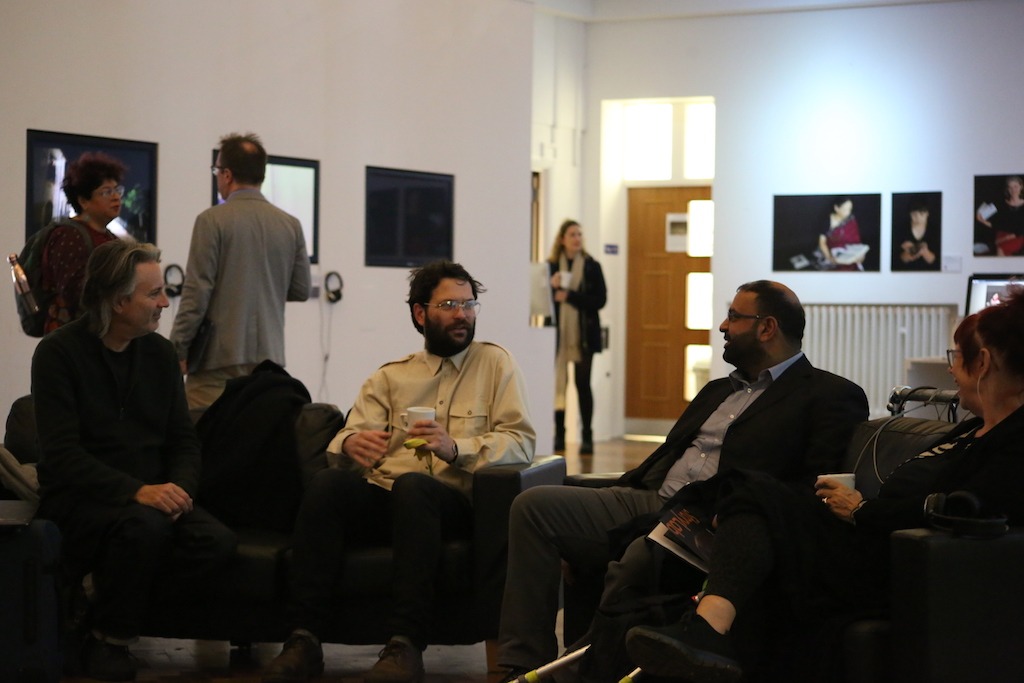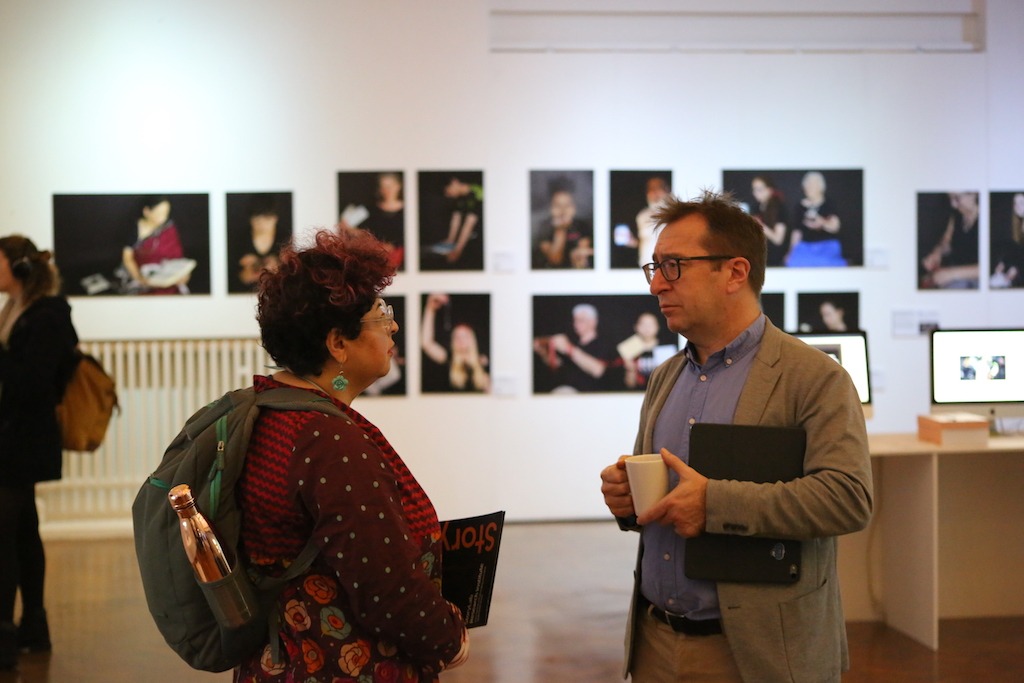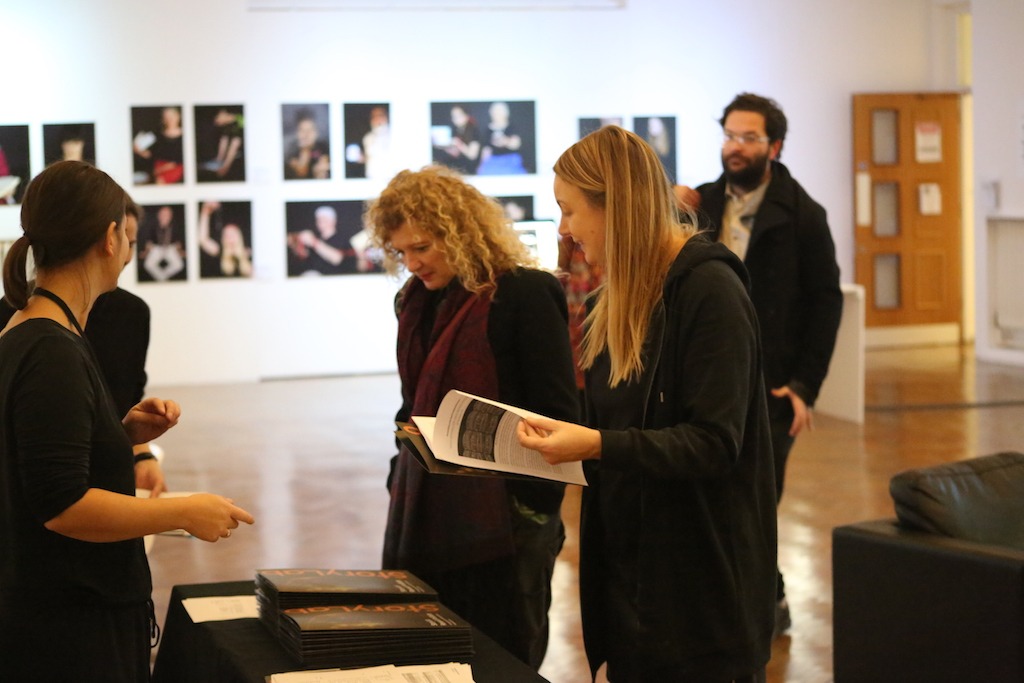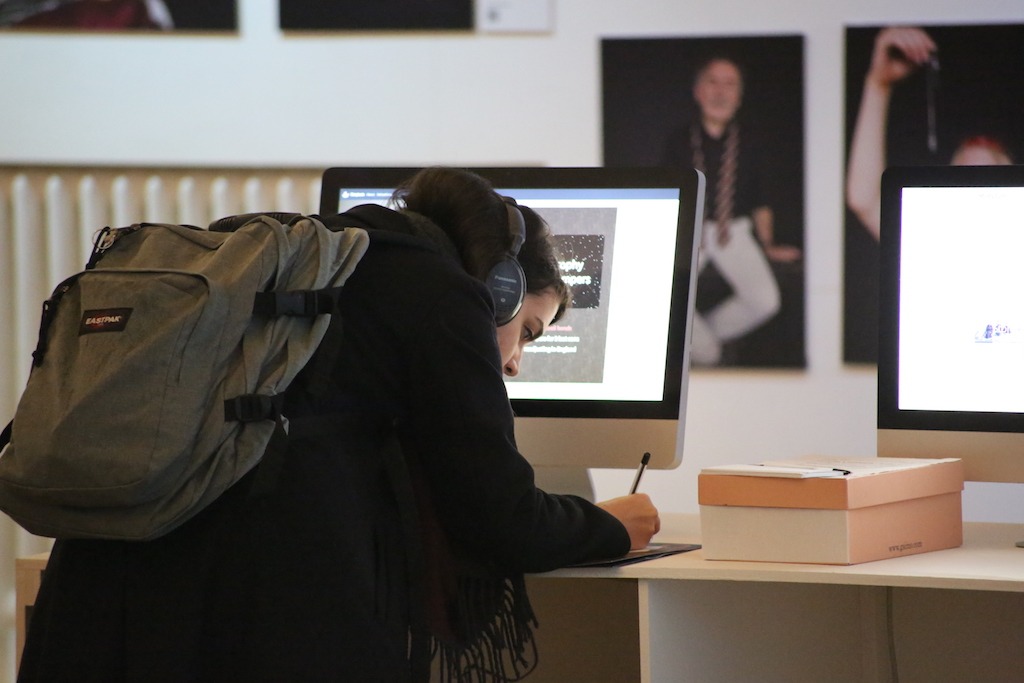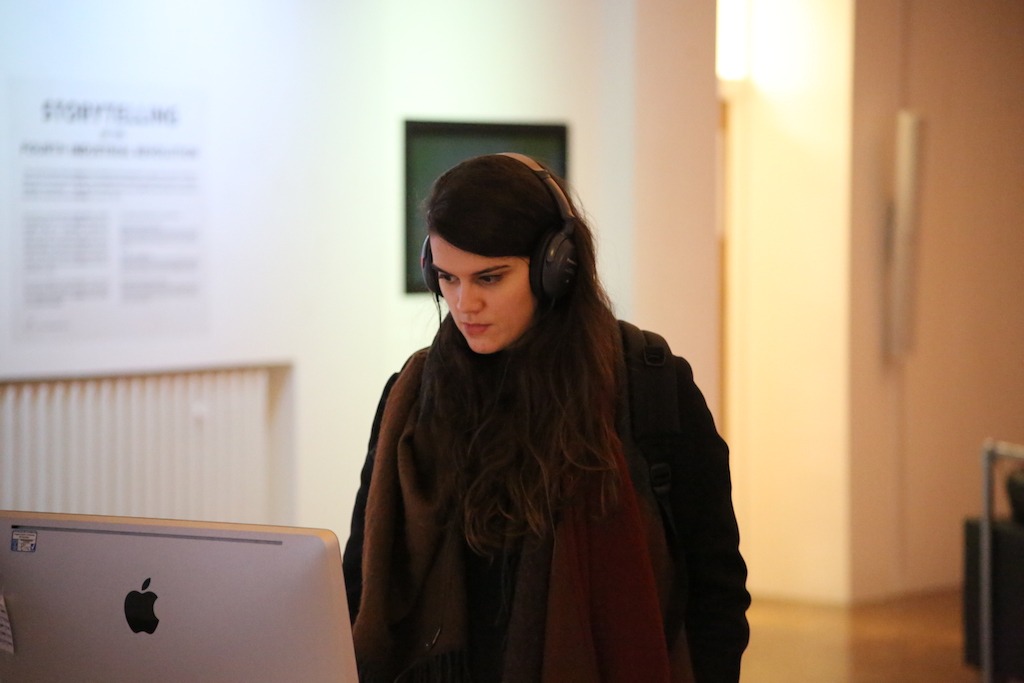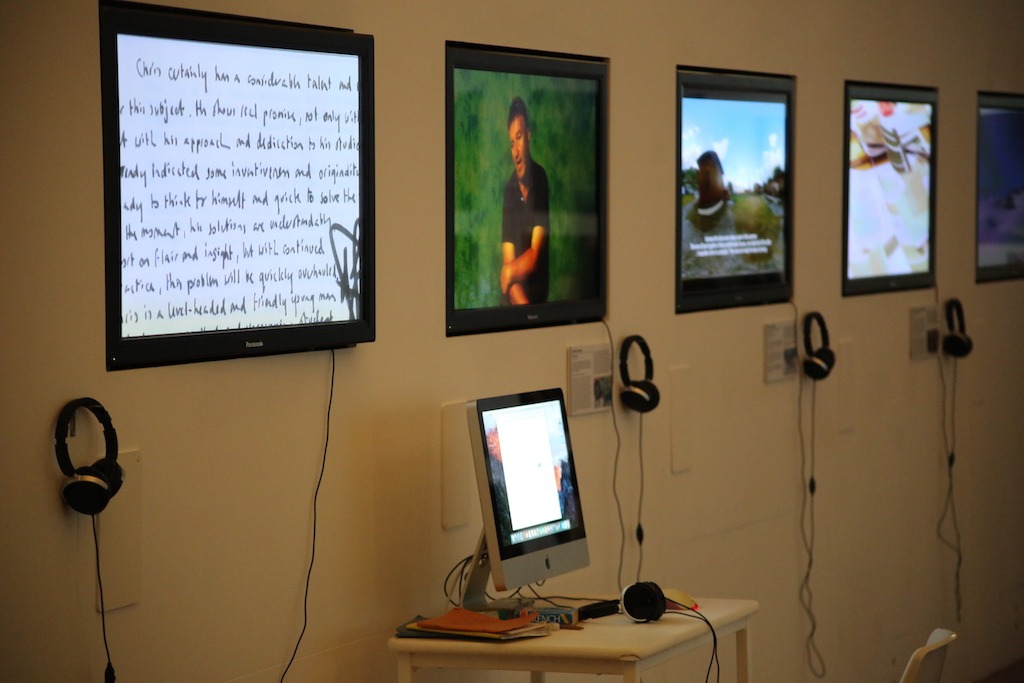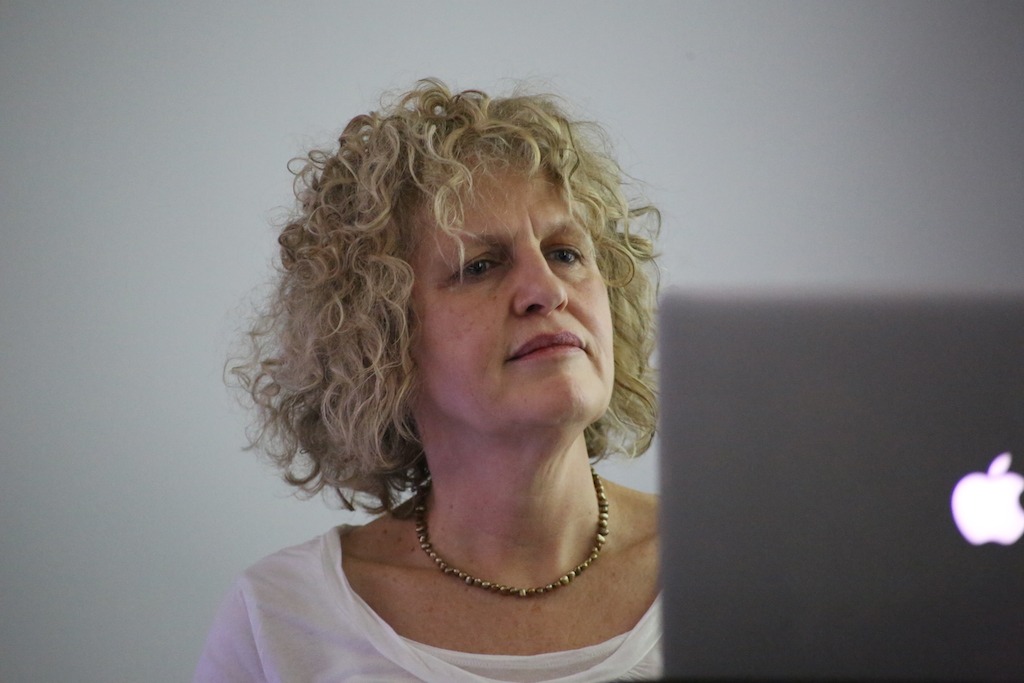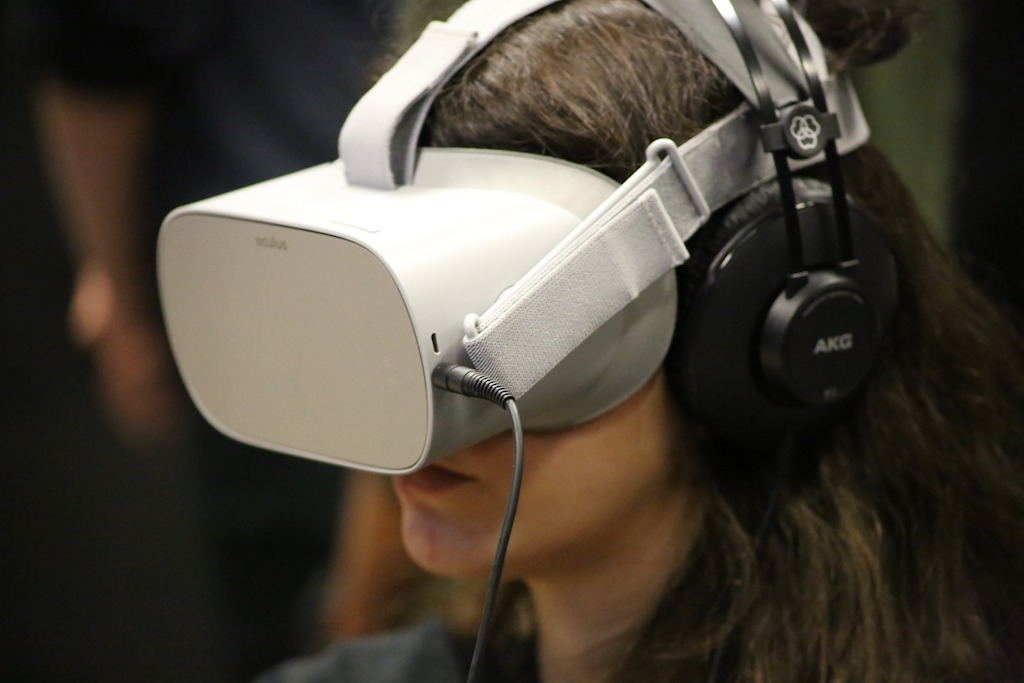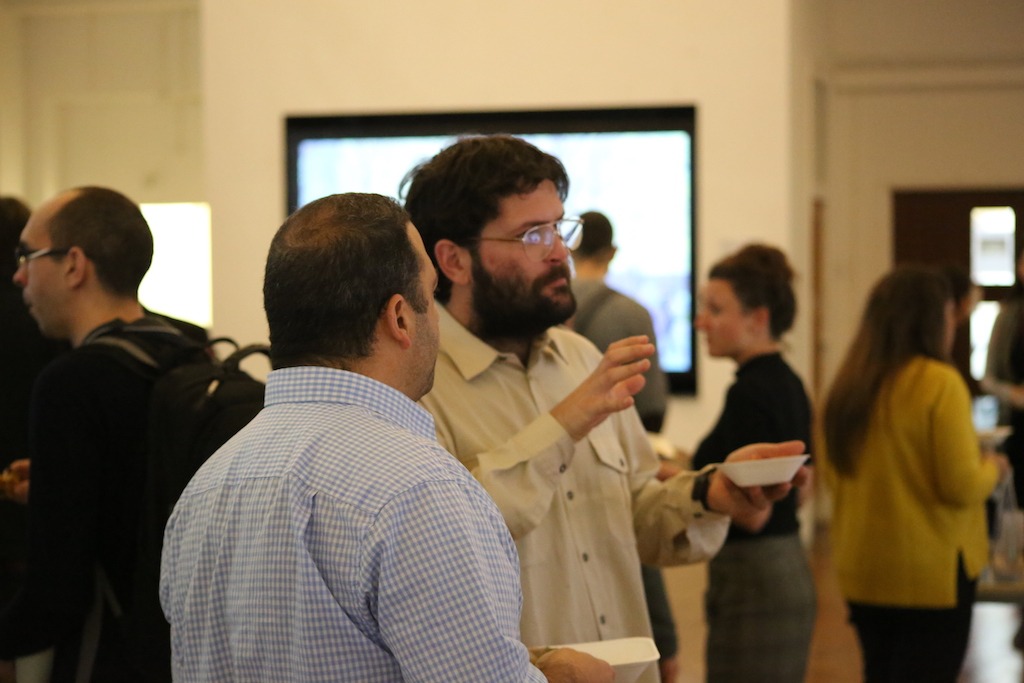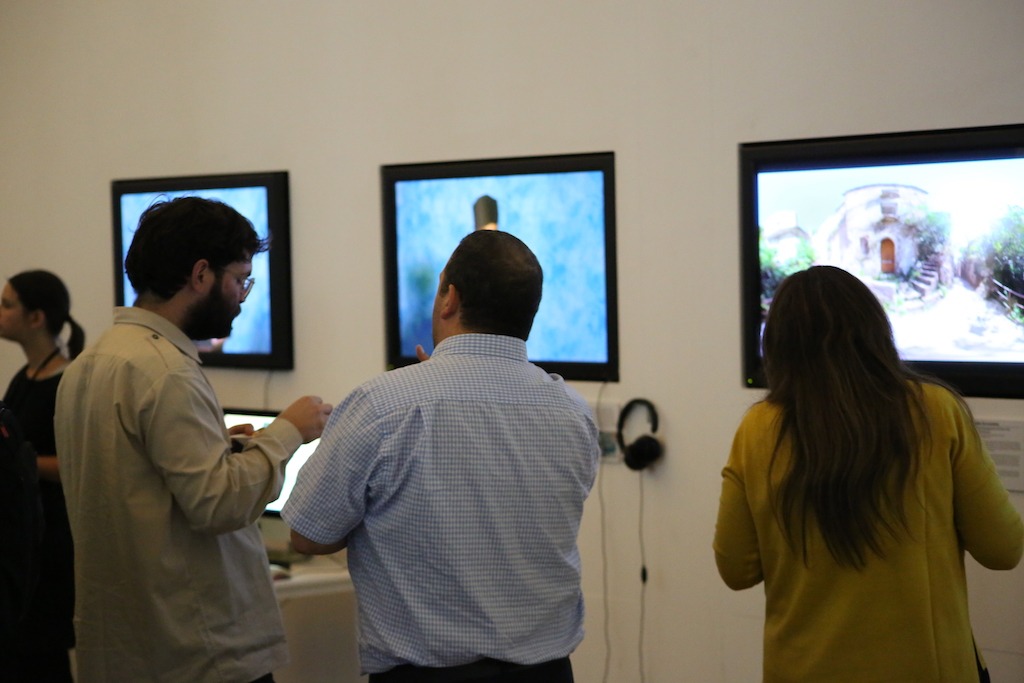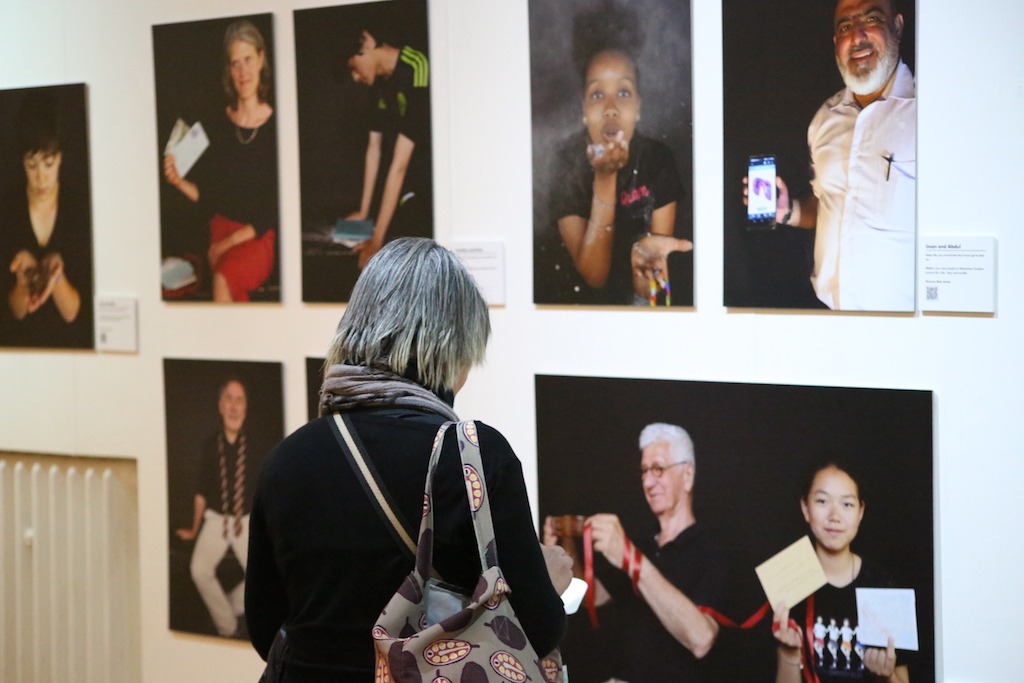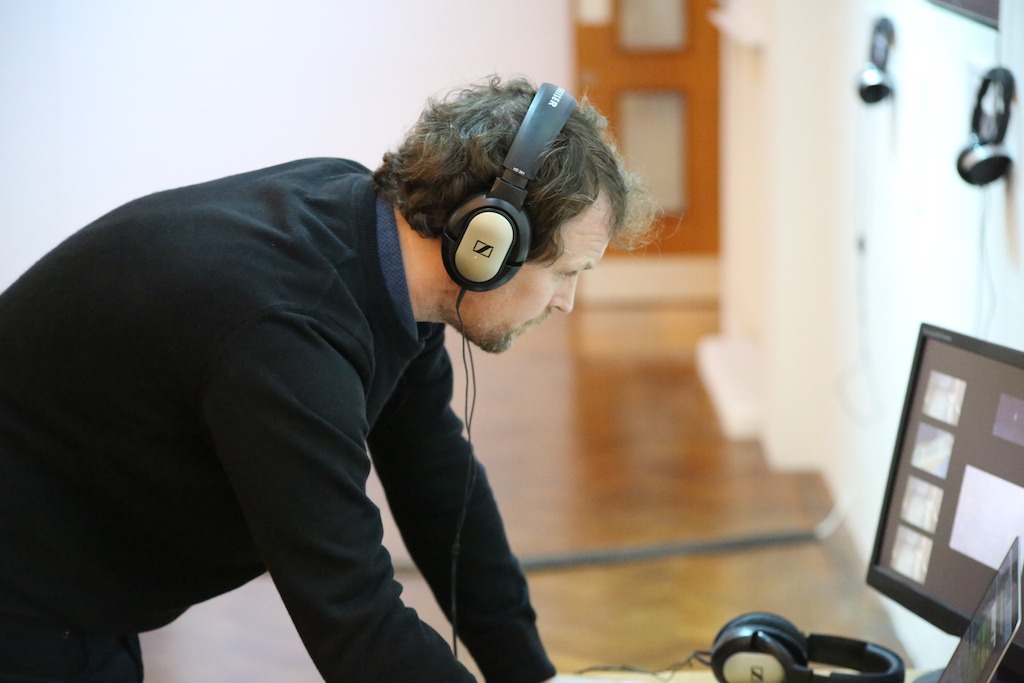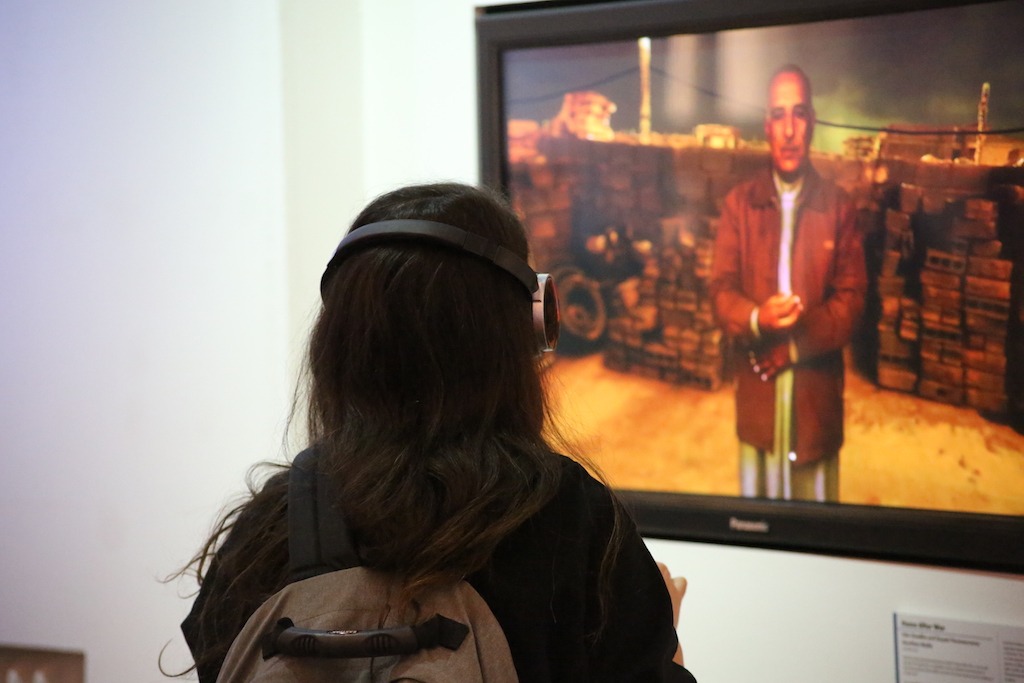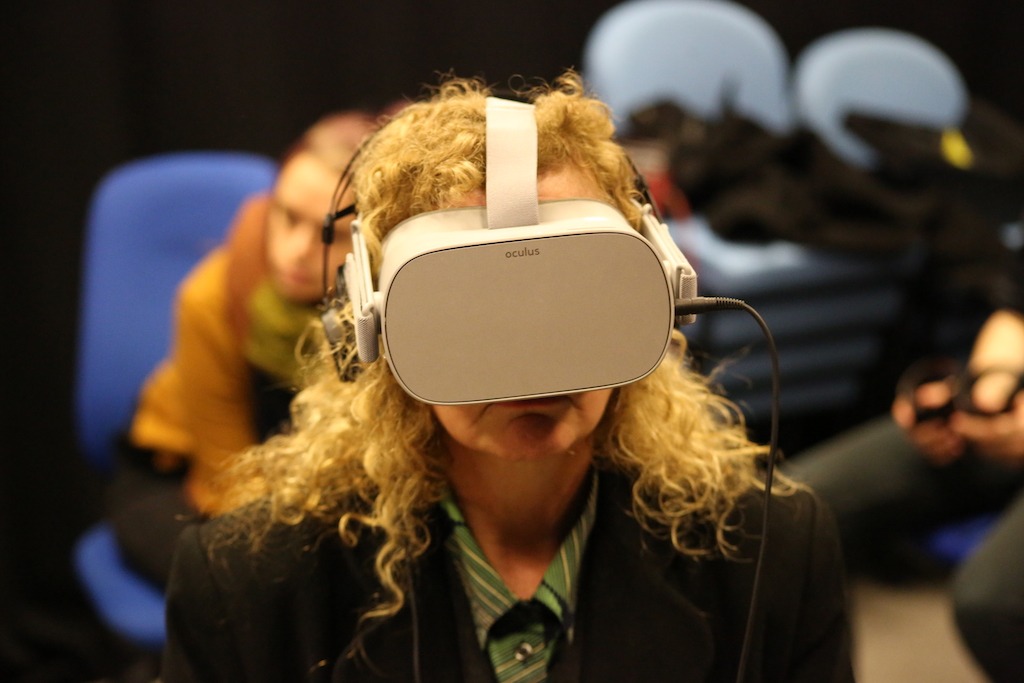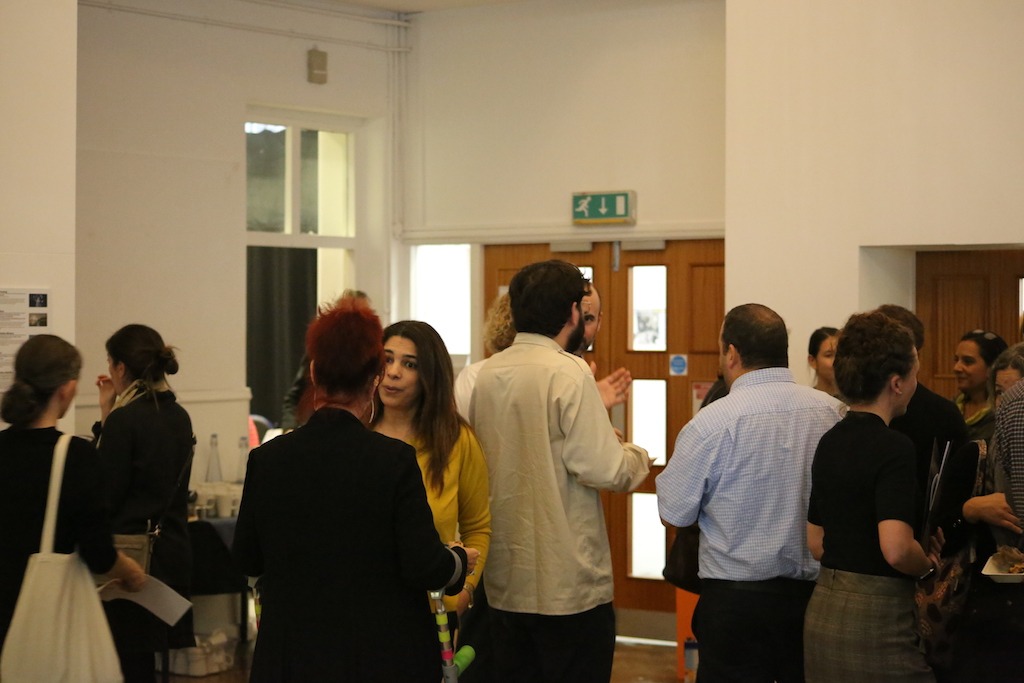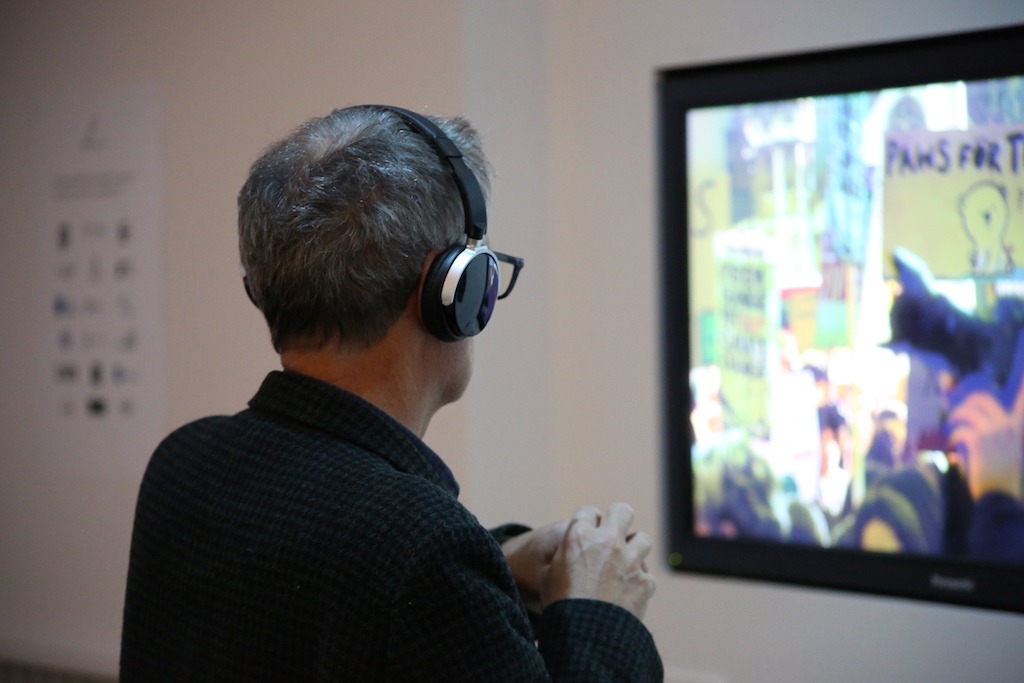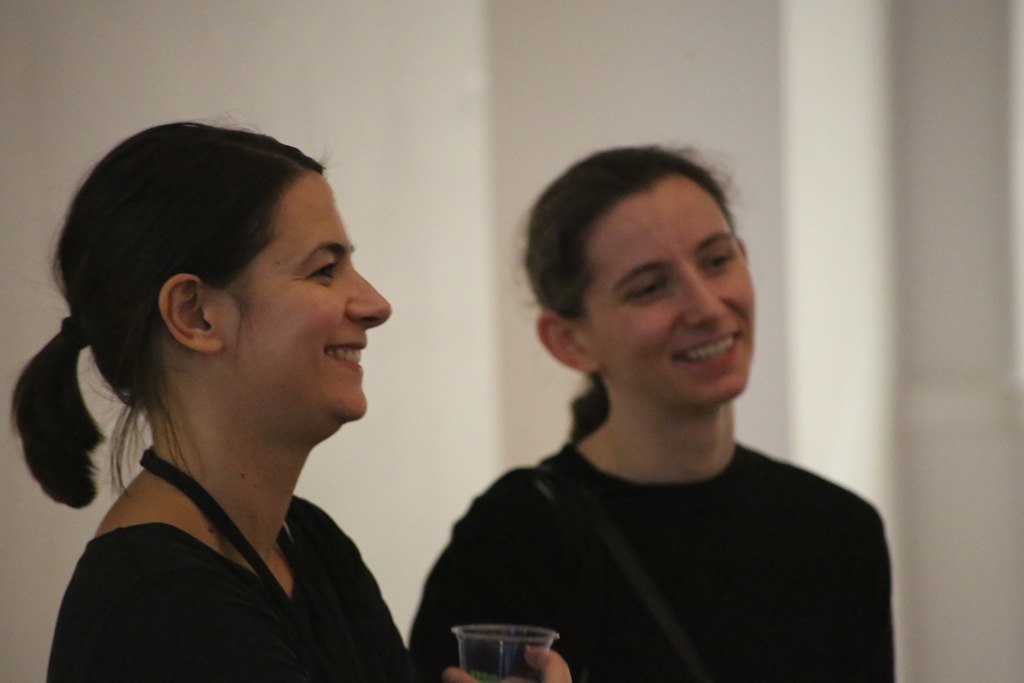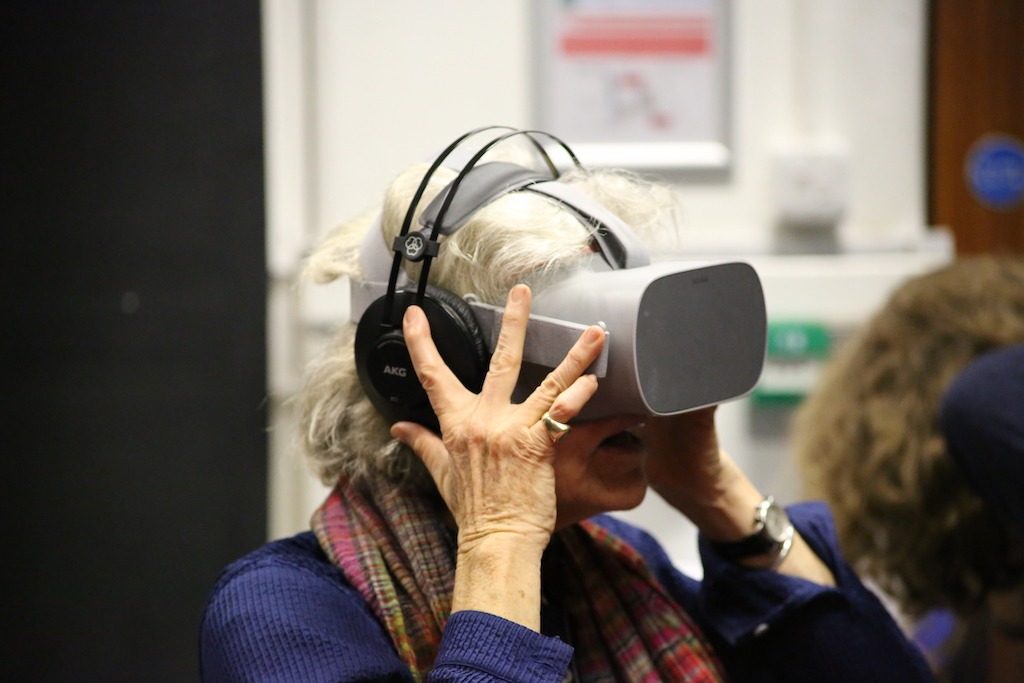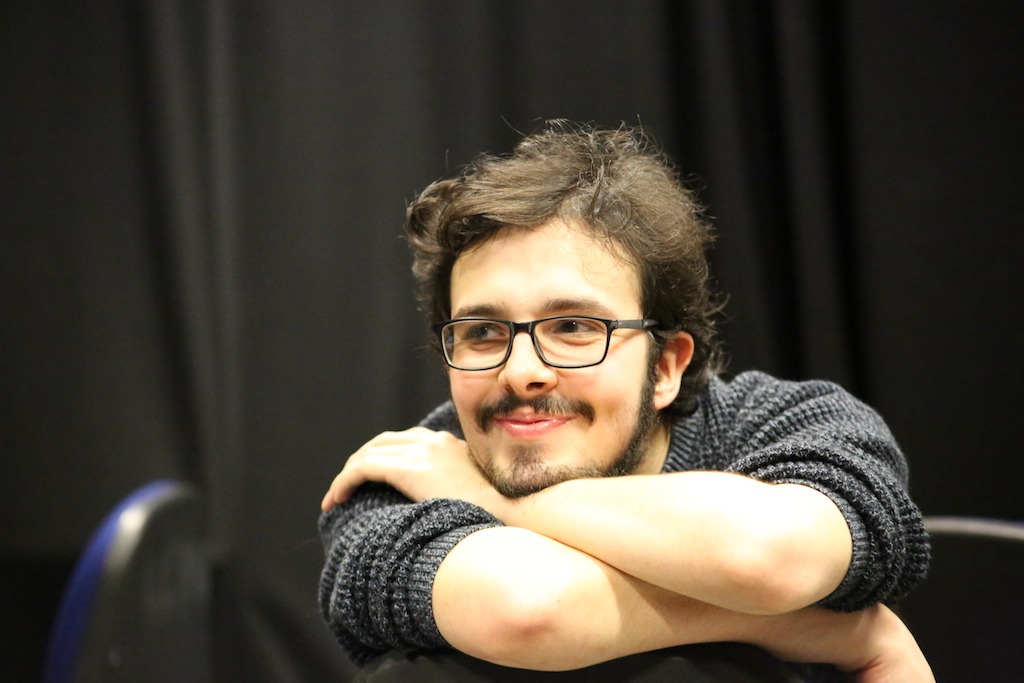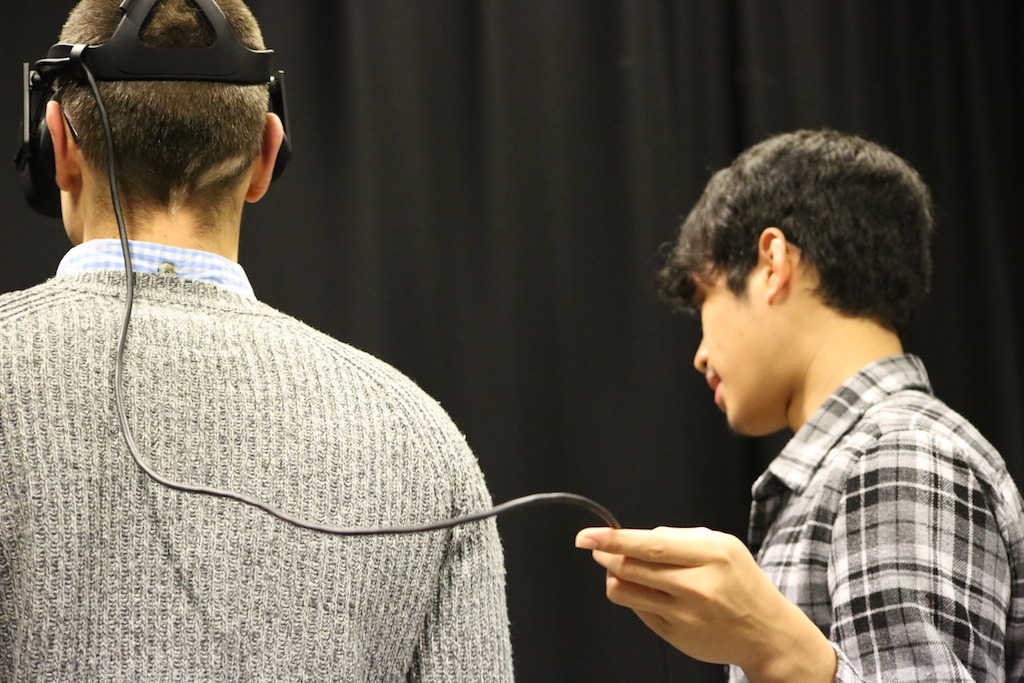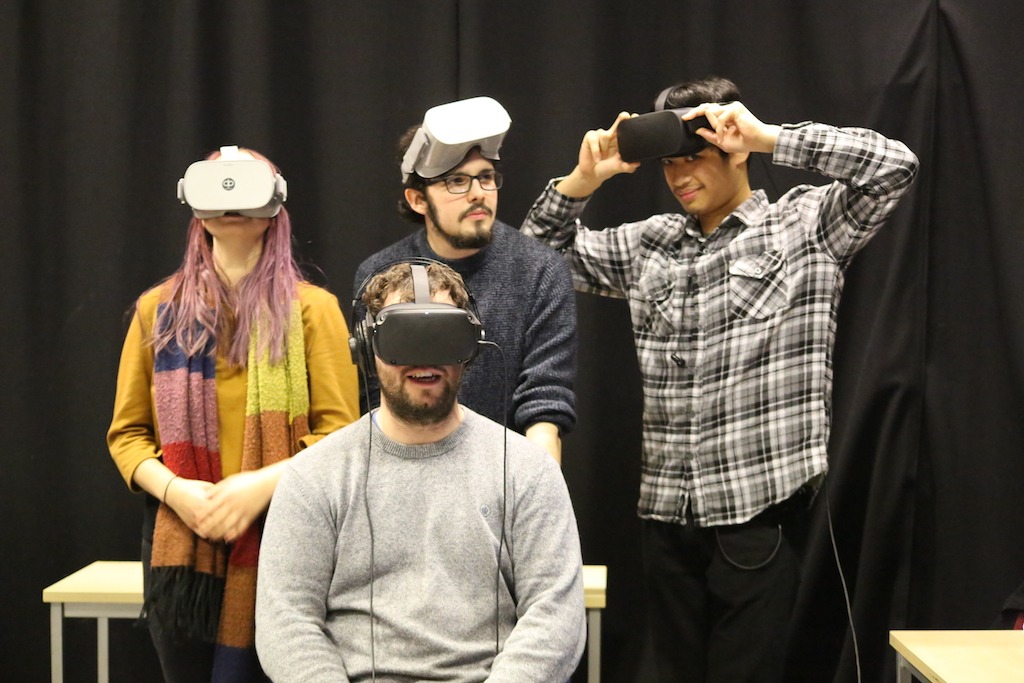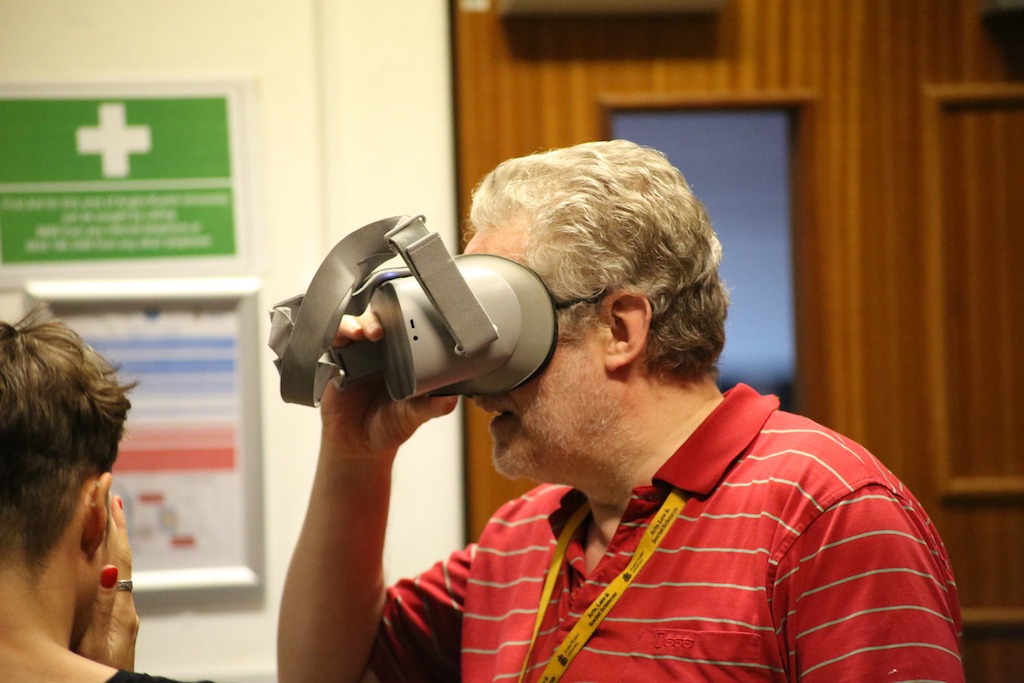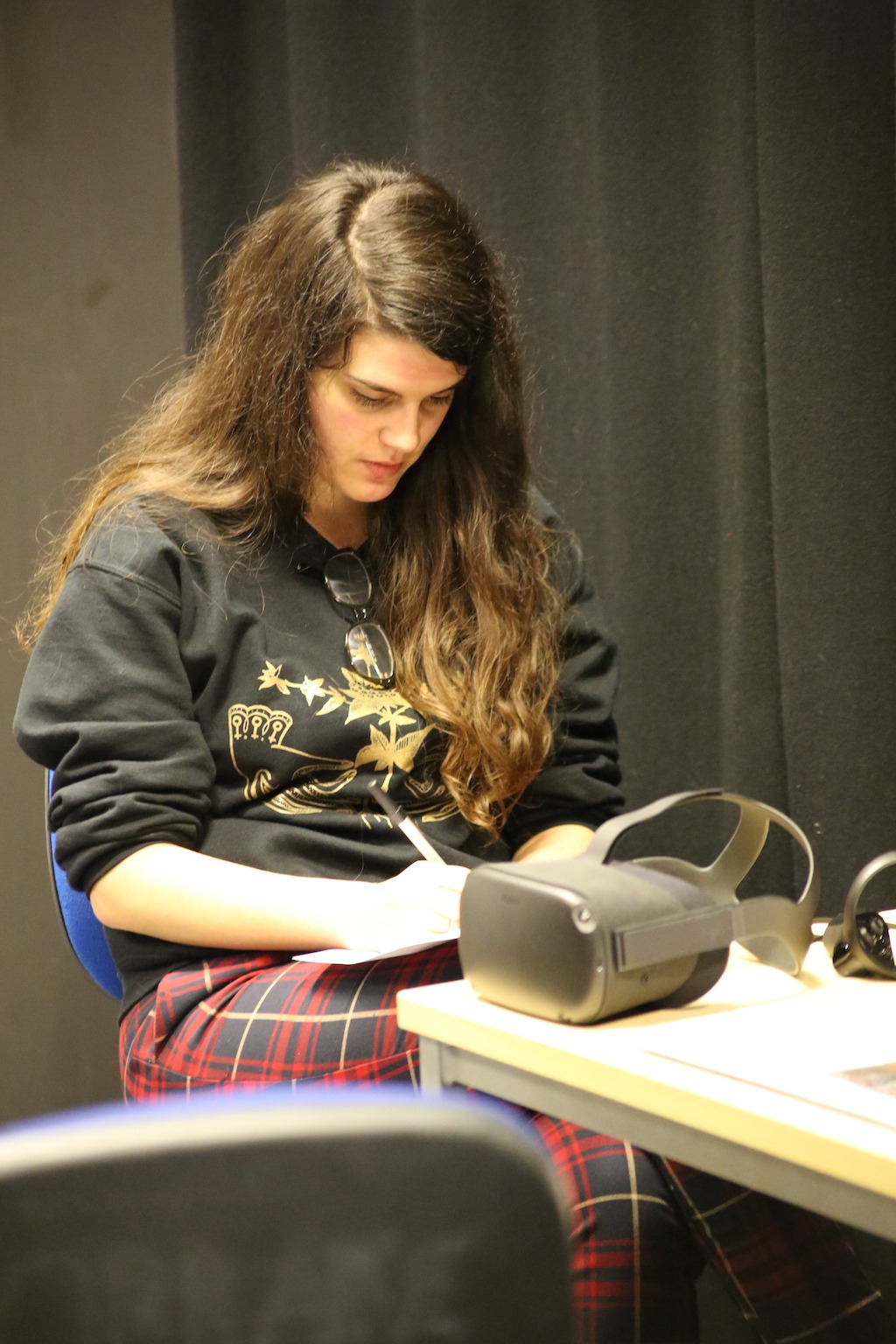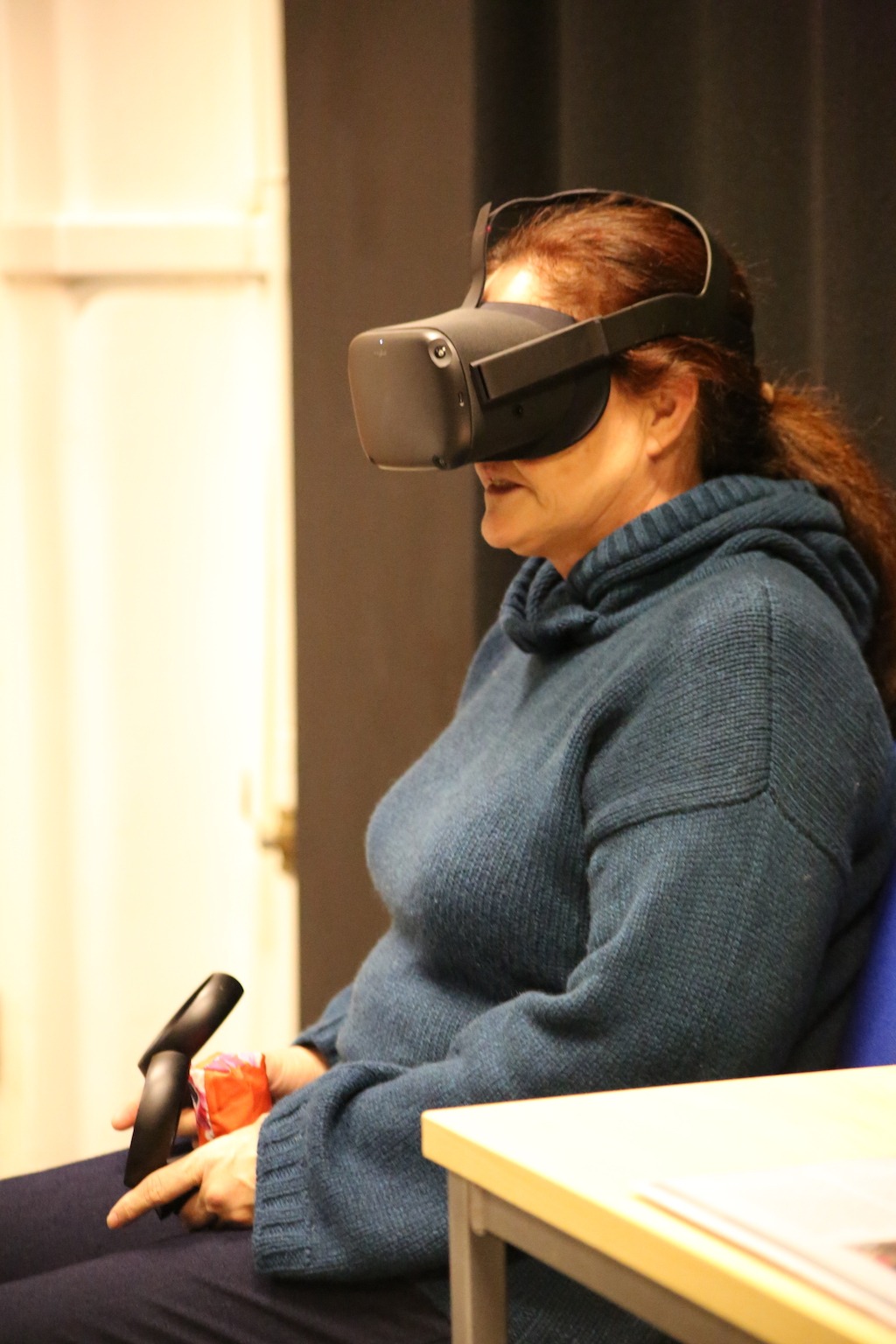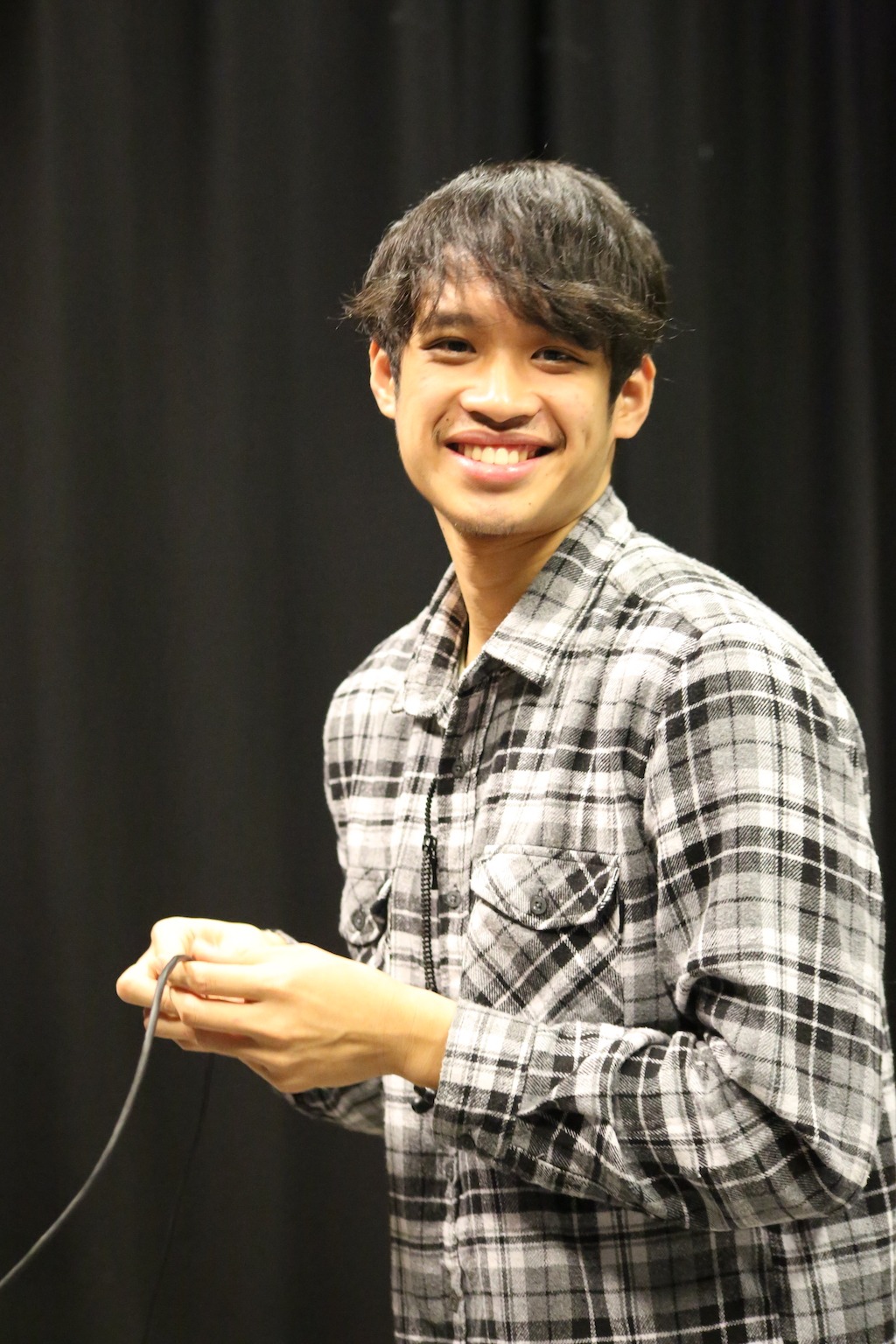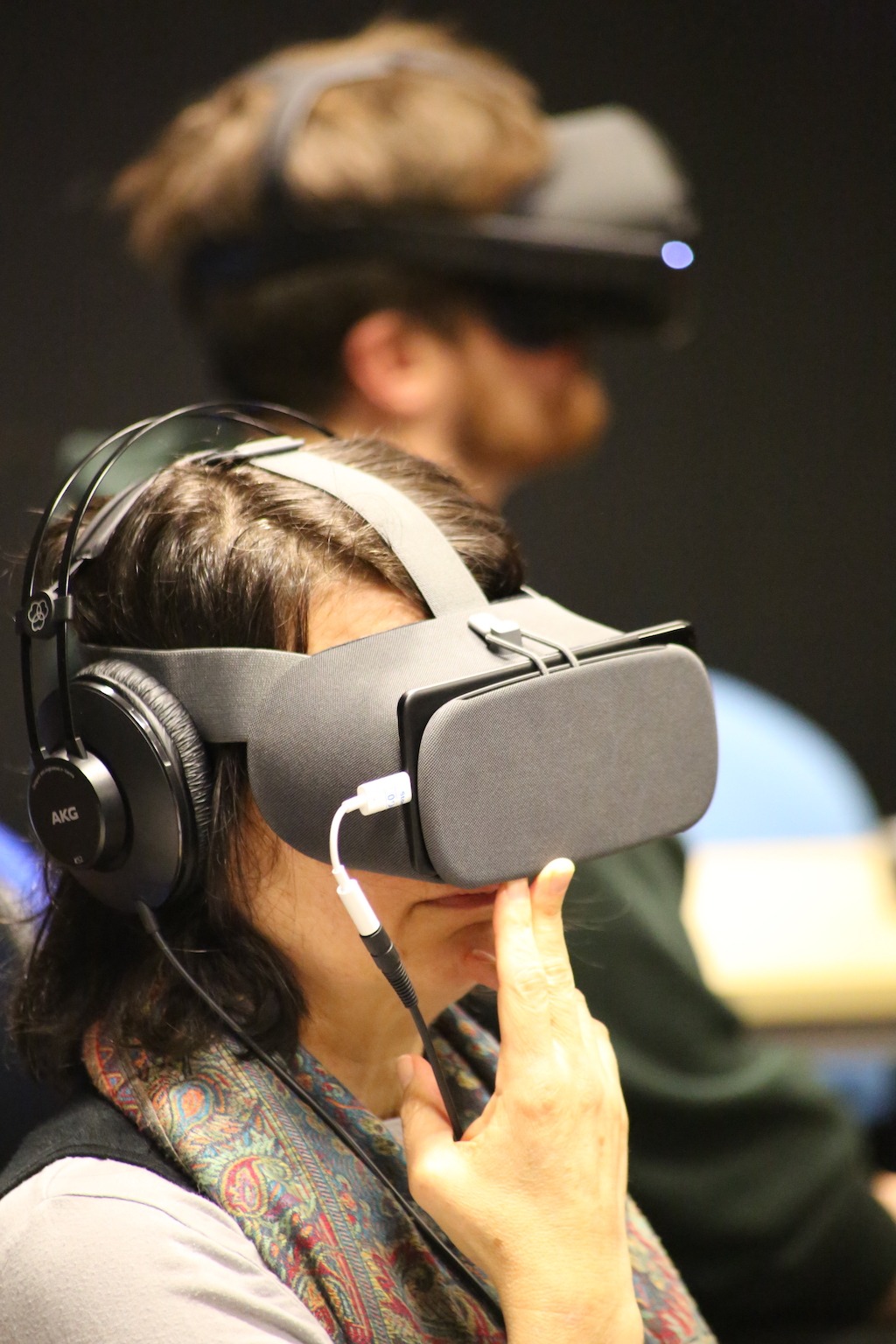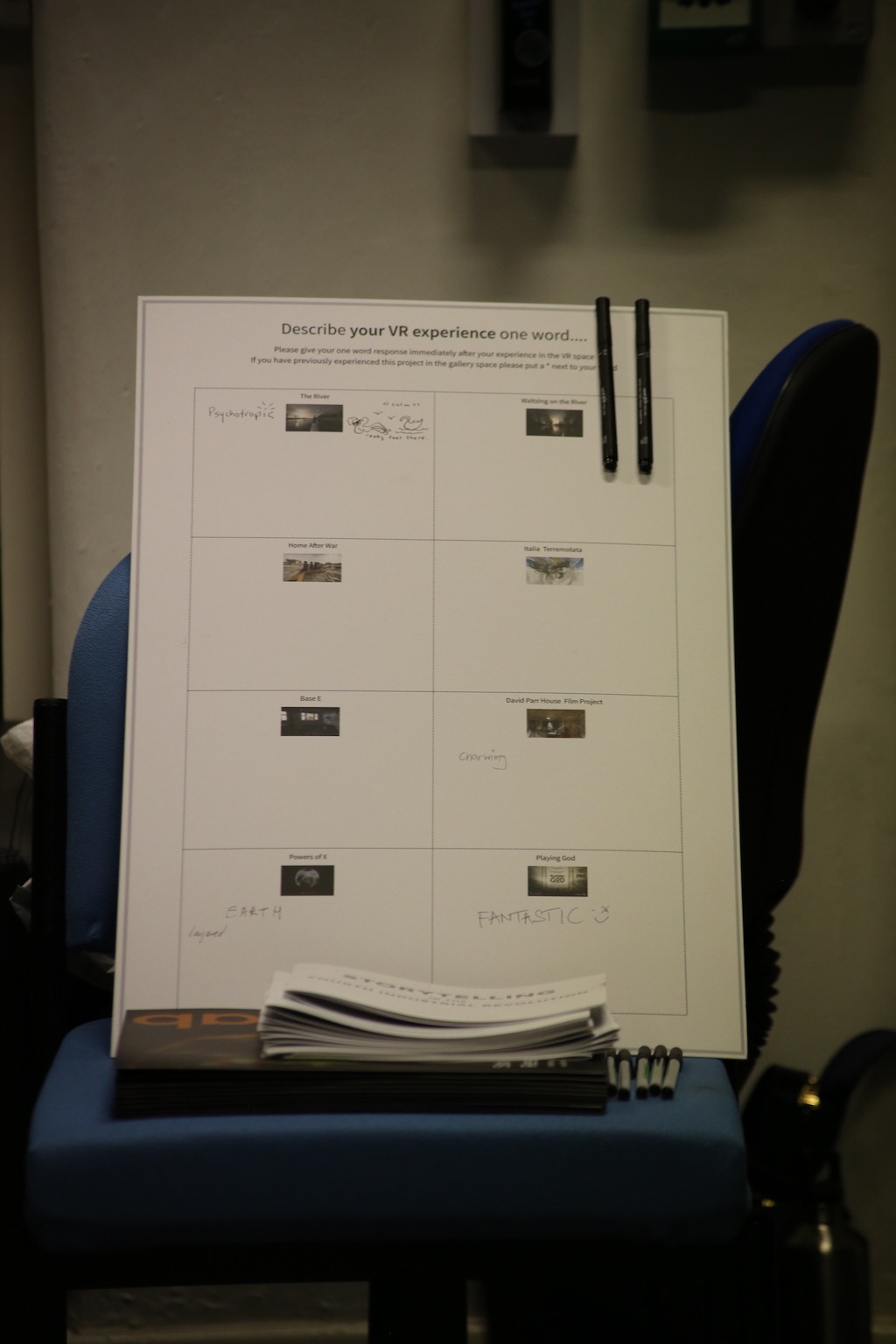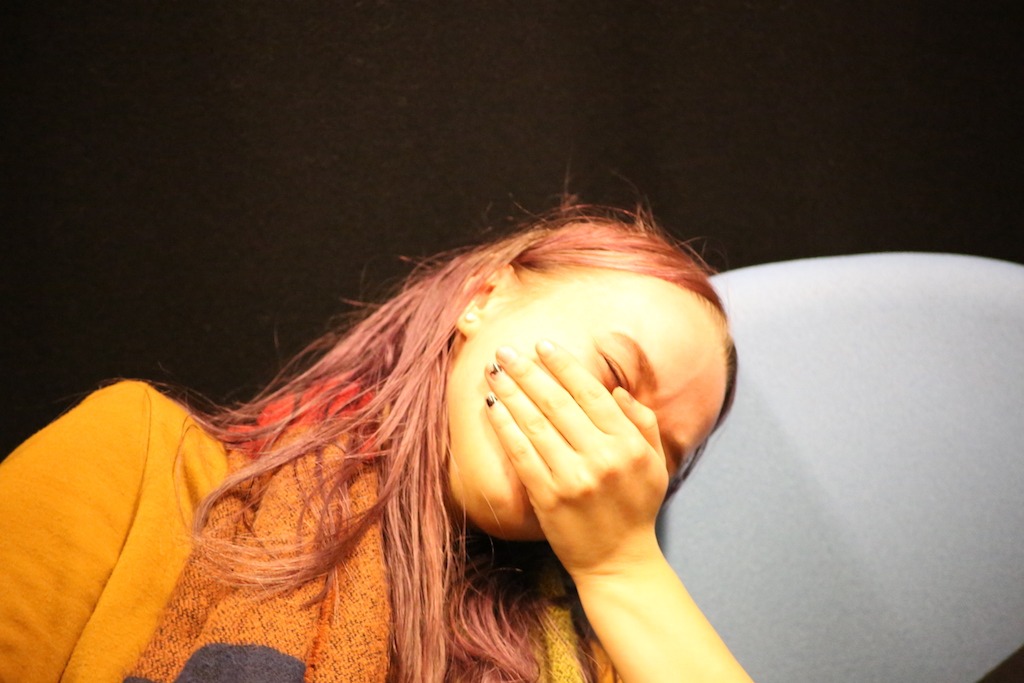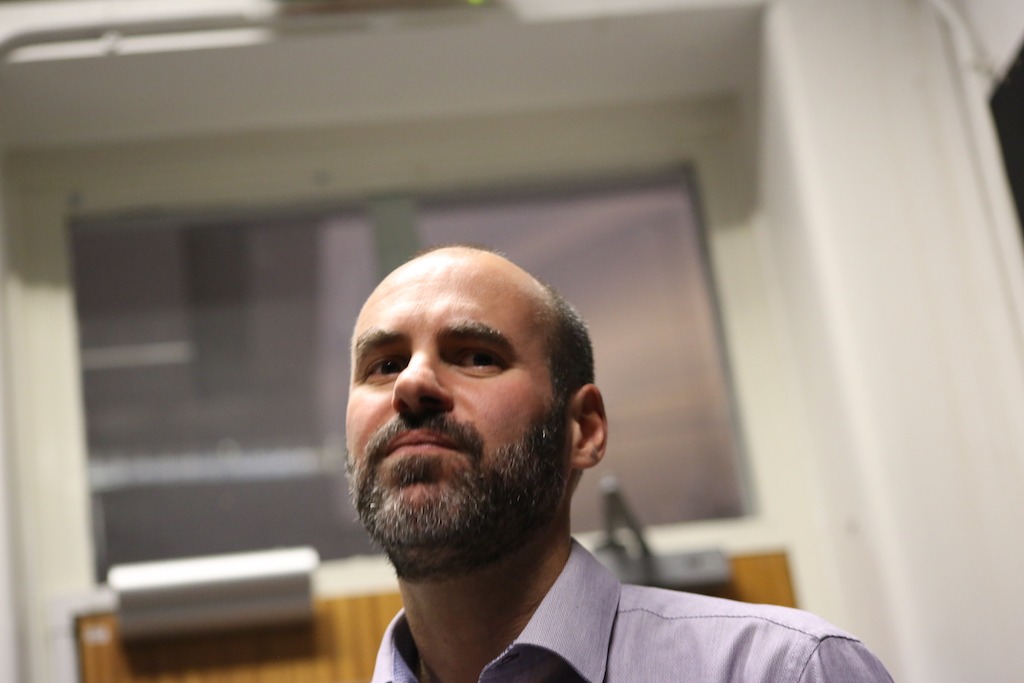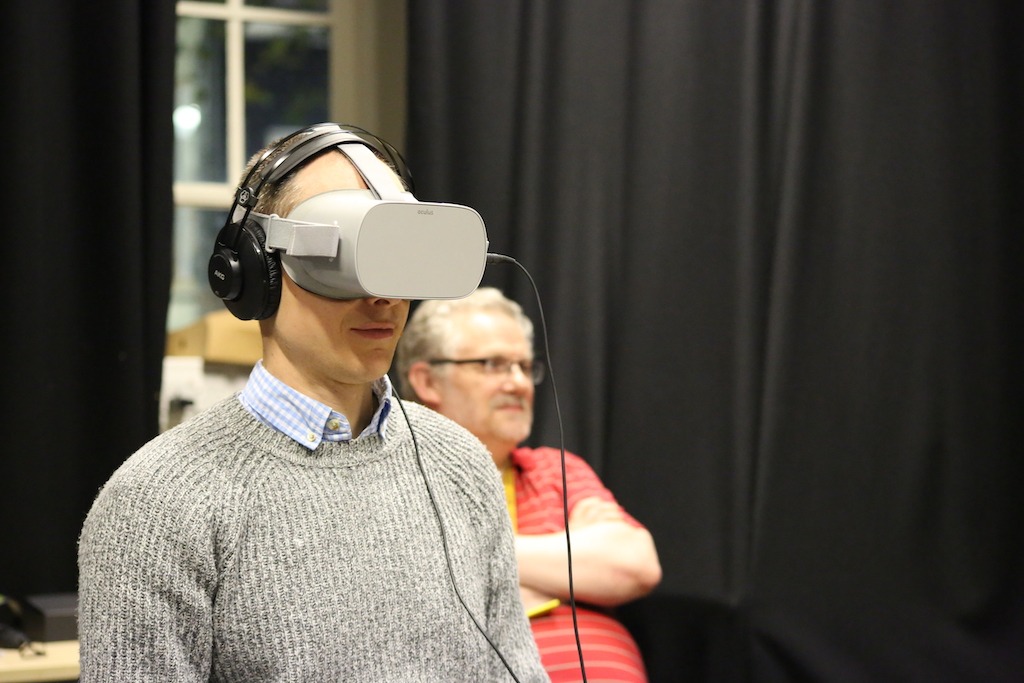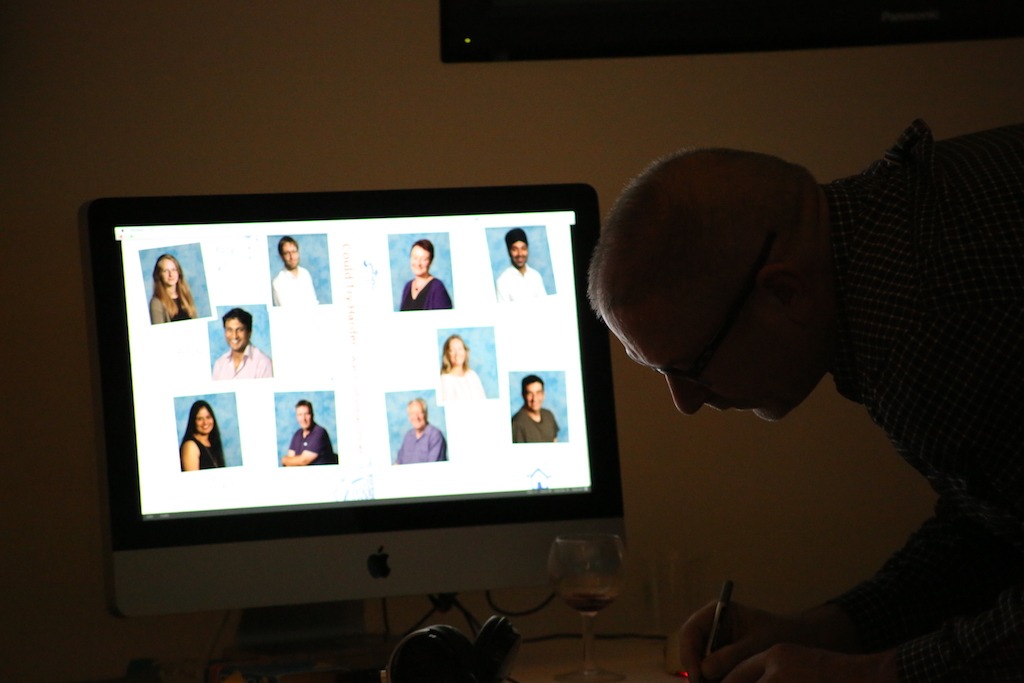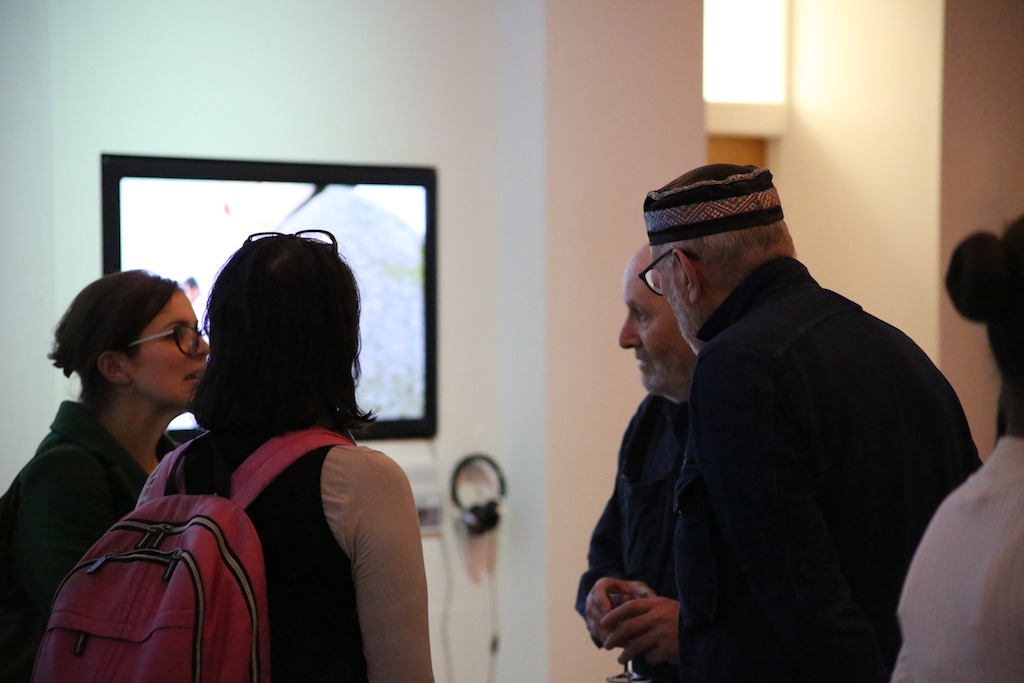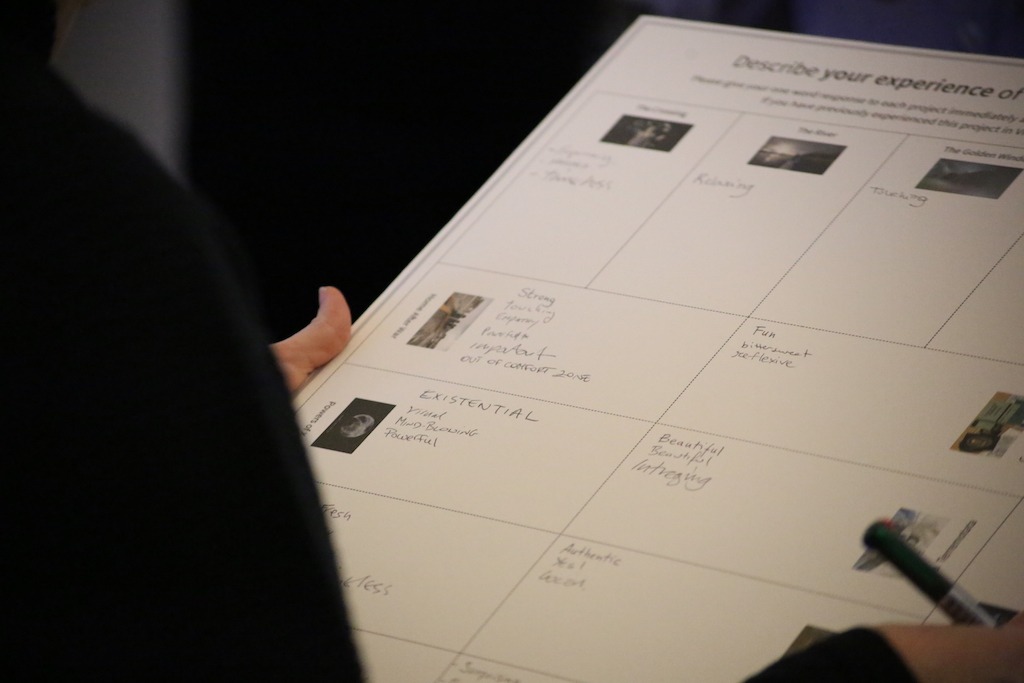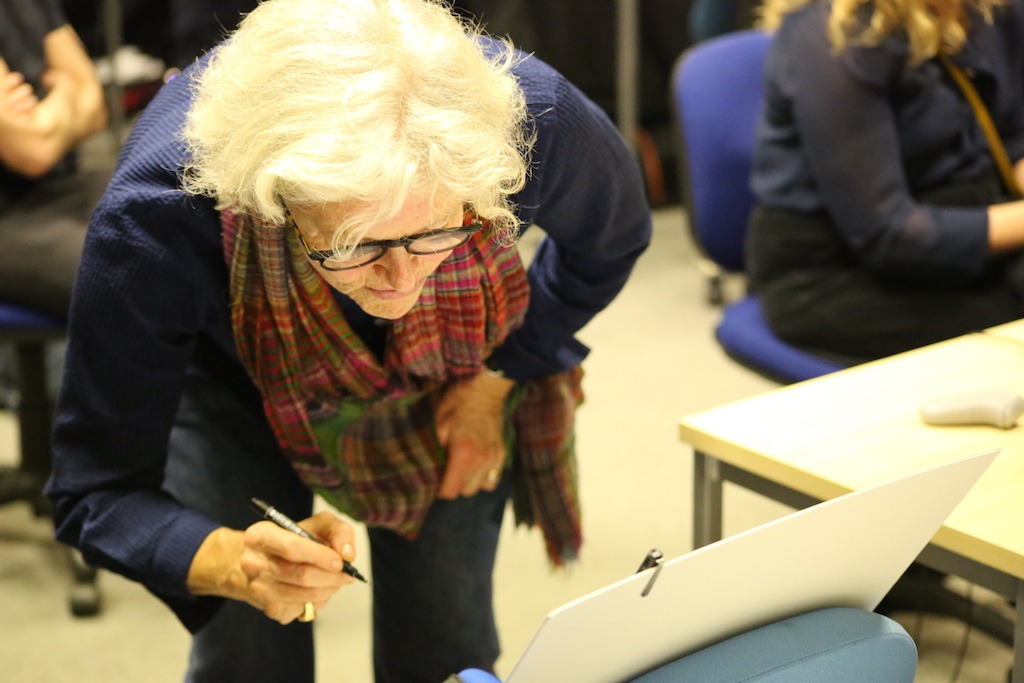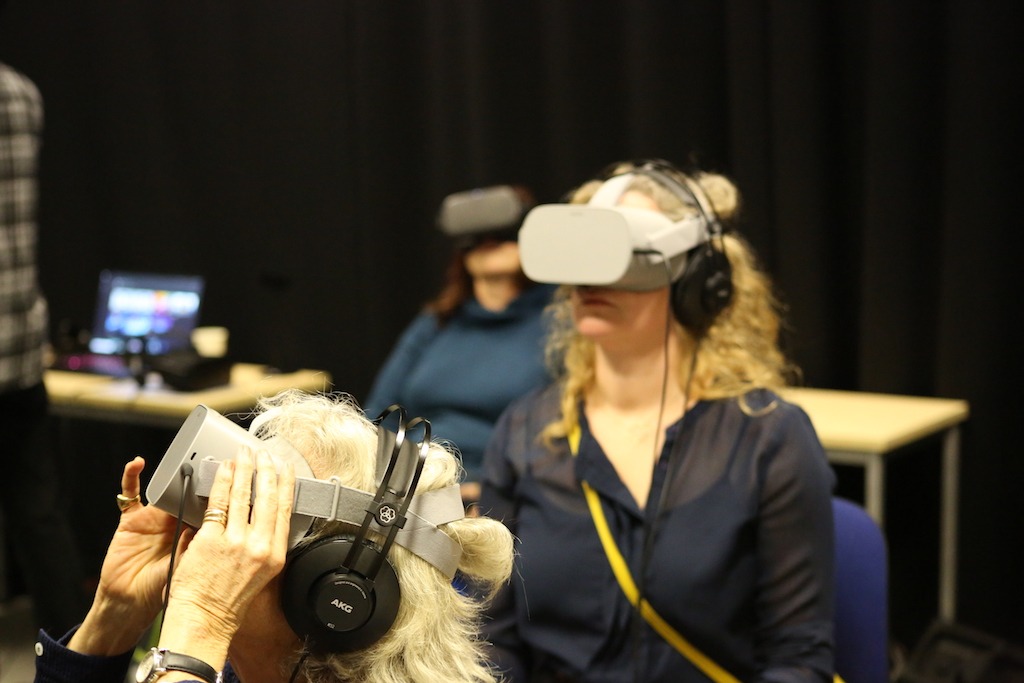Storytelling in the Fourth Industrial Revolution
Tuesday 26th November 2019, 9.30-4.30
Room: RUS203, ARU Cambridge
This symposium was part of an events programme for StoryLab’s exhibition.
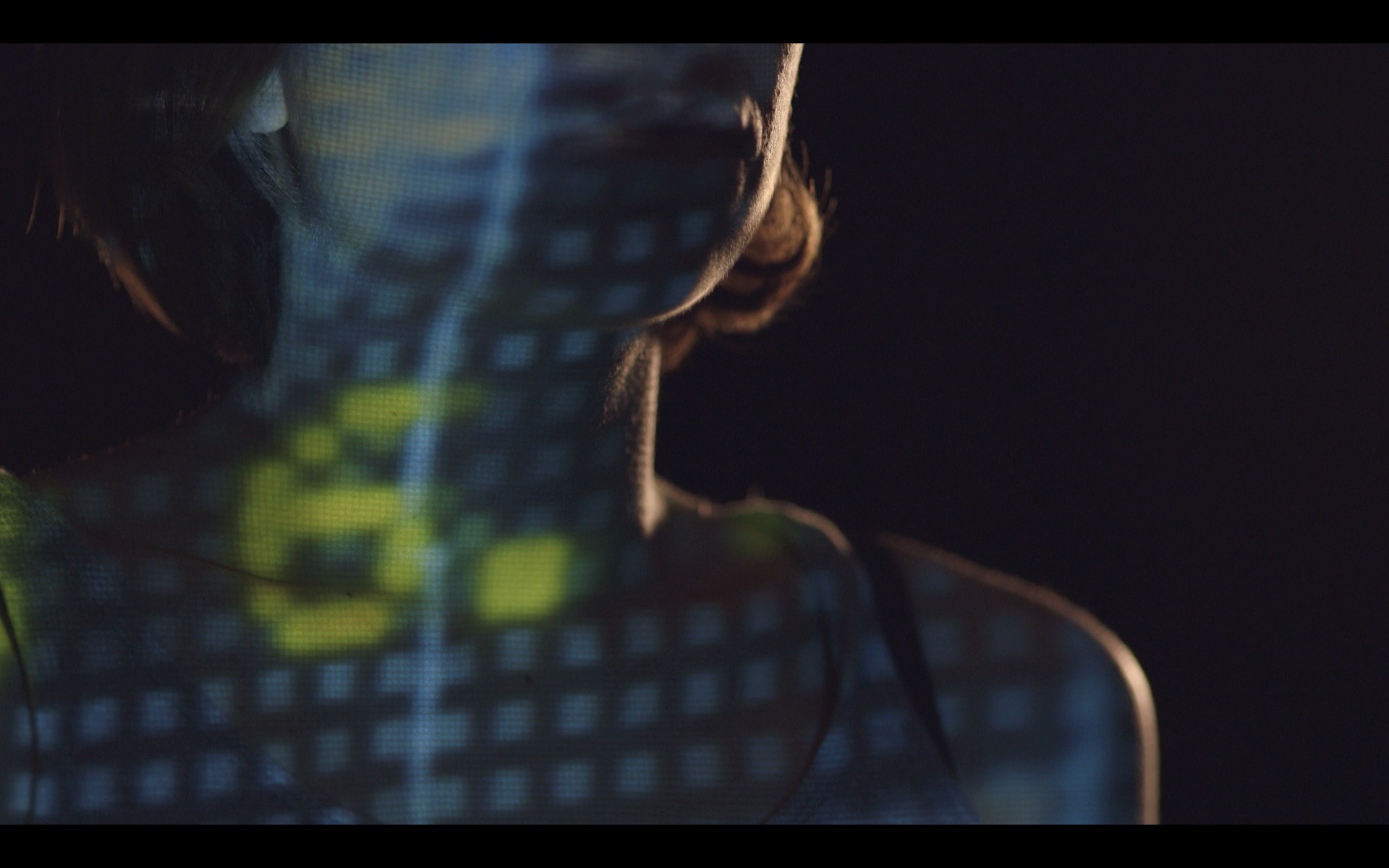
The Fourth Industrial Revolution may indeed have the potential to ‘robotize’ humanity and thus to deprive of our heart and soul. But as a complement to the best parts of human nature-creativity, empathy, stewardship – it can also lift humanity into a new collective and moral consciousness based on a shared sense of identity (Klaus Schwab, World Economic Forum, 2016).
StoryLab hosted a one-day symposium and exhibition with practitioners, technologists and academics using the intersection between creativity and technology to explore ‘creativity, empathy and stewardship ’ in the Fourth Industrial Revolution. Digital technologies have made possible new forms of storytelling, which are even more important in this rapidly changing social, economic and political landscape.
The symposium consisted of three panel workshops exploring themes of Movement, Memory and Climate Change. The Reconnecting by Tangible Memories panel discussed creating digital replicas of our material world, demonstrating how digitally reproduced objects, built environments and living spaces can favour the recollection of lost memories and identity. The Movement and Memory panel explored the use of visualisation technologies and narrative to tell stories that allow people to reconnect with places that are distant in time and space, as well as understand and engage with complicated concepts and key societal issues. And Climate Change and Culture highlighted the human-environment relationship, reconnecting people with cultural and natural landscapes, as well as showcasing our planet’s ecological fragility relative to the effects of man-made climate change.
Alongside the symposium we had an exhibition showcasing a range of creative practice projects from film gaming, Interactive VR, 360, 3D data visualization, photography and soundscape, with dedicated screenings and VR experiences during a networking lunch and post-symposium drinks.
Full price £85 / students £45. Tickets included lunch and refreshments, and post-symposium networking drinks.
Programme
Programme with biographies: pdf
0900 – 0945 | Registration and Coffee
0950 – 1000 | StoryLab introduction
1000 – 1100 | Reconnecting by Tangible Memories
This panel discussed creating digital replicas of our material world, and demonstrate how digitally reproduced objects, built environments and living spaces can favour the recollection of lost memories and identity.
- Dr Catherine Elliot (ARU) and David Parr House representative
- Dr Paola Di Giuseppantonio Di Franco (Essex University) Italia Terremotata
- Sophie Jackson (ARU) Could Try Harder
- Chair: Dr Gehan Selim (Leeds University)
1100 – 1130 | Break
1130 – 1230 | Movement and Memory
This panel explored using visualisation technologies and storytelling to tell stories (intangible) that allow people to reconnect with places (tangible) that are distant in time and space as well as understand and engage with complicated concepts and key societal issues.
- Ben Fredericks (artist filmmaker) Playing God
- Prof. Rob Toulson (Westminister University) The Crossing
- Felix Gaedtke (NowHere Media) Home After War (video presentation)
- Dr Nigel Ward (Chair, ARU, Head of School of Creative Industries)
1230 – 1400 | Lunch and live demonstrations (VR/MR and Exhibition)
1400 – 1540 | Climate Change and Culture
This panel analysed positive and negative aspects related to human-environment relationship, reconnecting people with cultural and natural landscapes that for various reasons are not accessible in the real-world as well as showcasing our planet’s ecological fragility relative to the effects of man-made climate change.
- Dr Michael Hrebeniak (Chair, Cambridge University)
- Mike Faulkner and Paul Mumford (D-Fuse) Power of X
- Fiona Cunningham-Reid (filmmaker) Extinction Rebellion
- Camilla Nichol (Chief Executive, Antarctic Heritage Trust) Base E
- Flora Fyfe-Graham (Nature Journal)
1550 – 1600 | Closing Comments
1600 – 1700 | Drinks and Networking and live demonstrations (VR/MR and Exhibition)
We had a number of prototypes (works in progress) and we welcomed participation (and feedback) in our ongoing evaluation process that will inform the next iterations of the projects.

